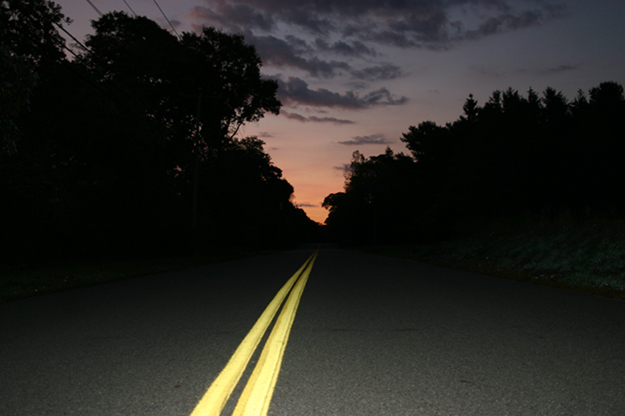Gimme Shelter: Light and dark

It’s always worth looking at the opening of Charles Dicken’s “A Tale of Two Cities” to find some balance, no matter its lack of comfort, or its status as a cliché. (A cliché about a cliché is that it can’t achieve that distinction without being true.)
The author, writing about the cataclysmic events of the French Revolution, was slyly looking at his own time, England of 1869. But he knew it would suit any time.
“It was the best of times, it was the worst of times, it was the age of wisdom, it was the age of foolishness, it was the epoch of belief, it was the epoch of incredulity, it was the season of Light, it was the season of Darkness, it was the spring of hope, it was the winter of despair, we had everything before us, we had nothing before us, we were all going direct to Heaven, we were all going direct the other way …”
A pandemic stalks through communities spreading illness and death, and out of it comes heroism, with articles about an emergency room nurse and physician assistant working hour after hour, day after day, to bring healing and comfort, and a grocery store employee stocking shelves and helping customers in the midst of it all.
A group of residents raise funds to keep hometown restaurants functioning and feeding those in need, and their efforts are spotlighted.
Elected officials at the highest level don’t understand the crisis, denying it, then spinning it, even joking about it, while more than 120,000 people have died, many alone.
But on the state, county and especially town level, officials go right to work, listen to medical professionals, make hard choices, have clear messages, and help slow the spread of the plague.
A man’s face is crushed against a city street, a knee pinning him, as he pleads for his life, and dies as a nation watches. Others are shot dead, which brings revelations — reminders, really, for those who have paid attention — of hundreds more innocent people killed over the years. Families mourn the cruel and senseless deaths.
But people all over the world go to the streets to protest the present injustices and the ones that have been present for 400 years. Congress, usually moving as slow as molasses going uphill, begins to act, and there is debate at the highest legislative levels on finding solutions.
A brave, committed high school senior organizes a rally with her fellow students in her hometown and is asked by the local paper to write a column, which is published a few days before the event. The column is given pride of place on the paper’s editorial page, and the young writer receives accolades for her dedication and spirit.
One letter received by the editor, snarky in tone, tries to bring to task the writer’s use of the serial comma, of all things, and said it was hard to read, and also calls into question the paper’s lack of competent copy editing.
When the letter, along with other letters of the week, is posted on Facebook, the page lights up with outrage at the letter writer and the newspaper for having the gall to print it. Other letters are sent to the paper and duly published. Some say they will cancel subscriptions and ads. Others say they believe in the freedom of the press, but …
Some usual subjects show up to castigate the paper, one writing that he gave up on the paper long ago (curious that he was reading it to comment).
But others say the paper is doing its job, publishing a submitted letter with a named letter writer.
The editor writes a post on the paper’s Facebook page saying that those who have written to disagree — some in strong words — with the decision to publish the letter and comment on the paper’s proof reading, have all been allowed to express their opinions.
The editor notes that he disagrees with many letters sent to the paper, but if they’re not libelous or contain false information, they are published. He writes that he has been called out in searing terms many times, as have the members of the paper’s staff — by name — for a host of issues, and all have been published.
The letter’s page is the community’s page, he writes, “and simply because we don’t like certain points of view, it doesn’t mean members of that community will be restricted from airing them.”
He recapped the decision to ask for a column from the high school student on her intention for organizing, with her classmates, the rally, and printing it, calling it “brilliant, passionate and beautifully written.”
The editor added that the Facebook commenters, who rushed to her defense, were to be applauded, and accepted the rights of others to criticize the paper’s decisions.
Season of Light, season of Darkness … The comments pile up, but the column lives, and the event it promoted has become part of the town’s history.








